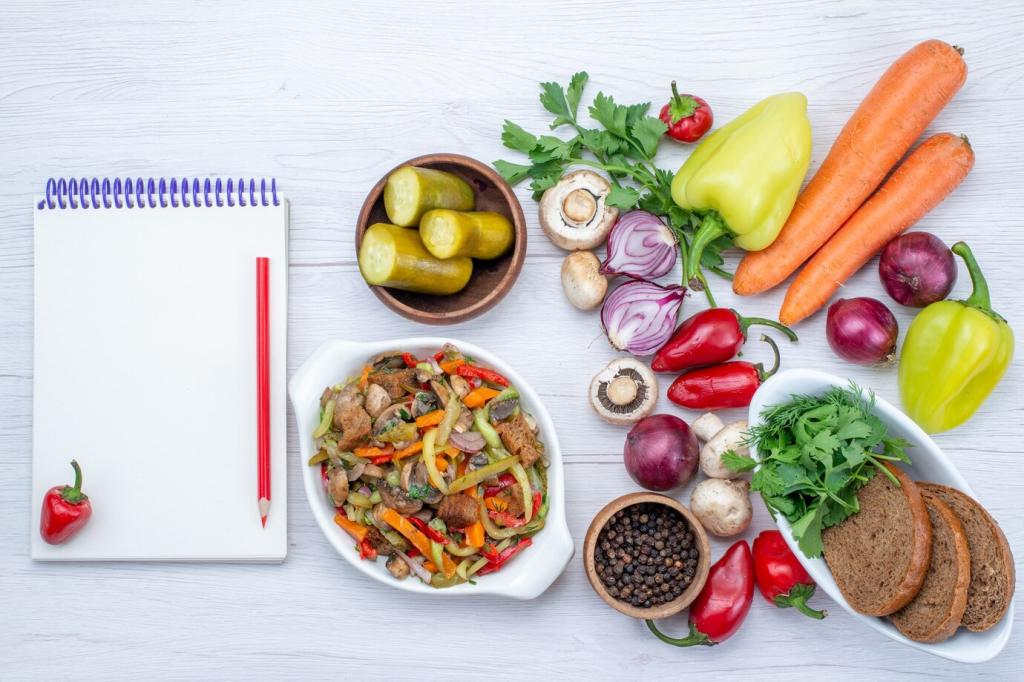Antioxidants for Resilience, Not Overkill
While vitamins C and E can reduce excessive oxidative stress, large supplemental doses immediately after training may dampen adaptations. Emphasize citrus, peppers, almonds, and sunflower seeds primarily at meals away from key sessions. How do you schedule antioxidant-rich foods around demanding workouts?
Antioxidants for Resilience, Not Overkill
Tart cherry, blueberries, and dark cocoa supply polyphenols that support recovery and sleep quality. Many endurance athletes use them on heavy back-to-back days rather than every single session. Share your go-to smoothie or evening snack that helps legs feel fresher without numbing training signals.




